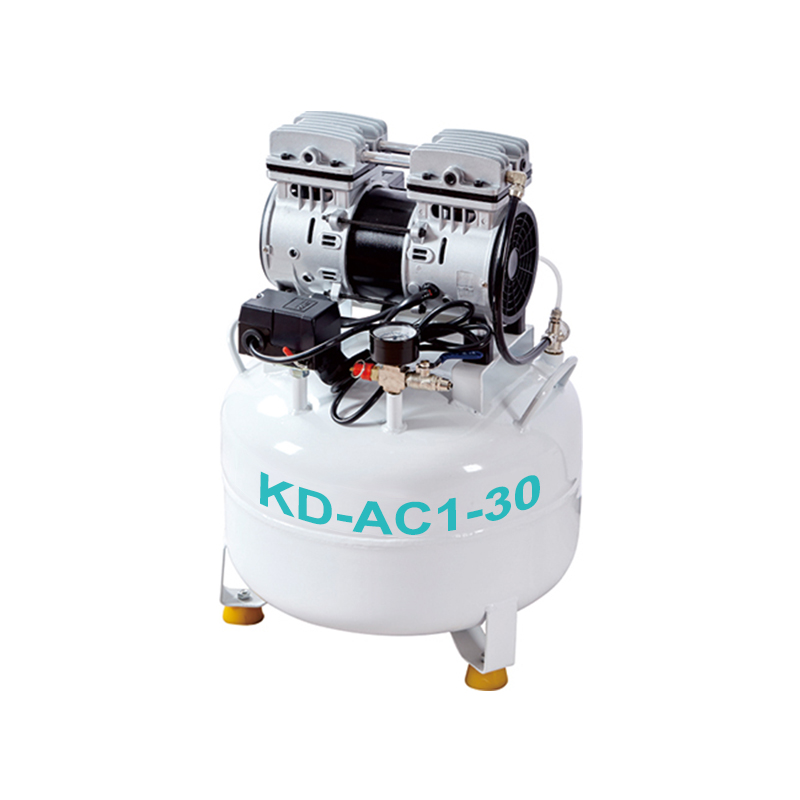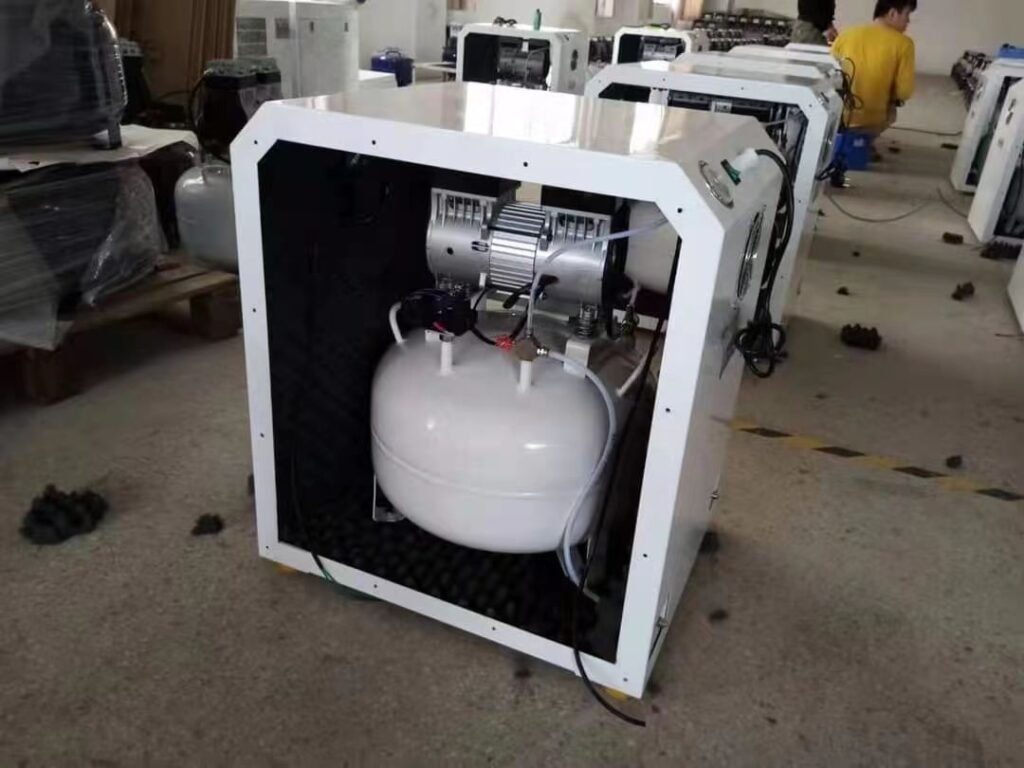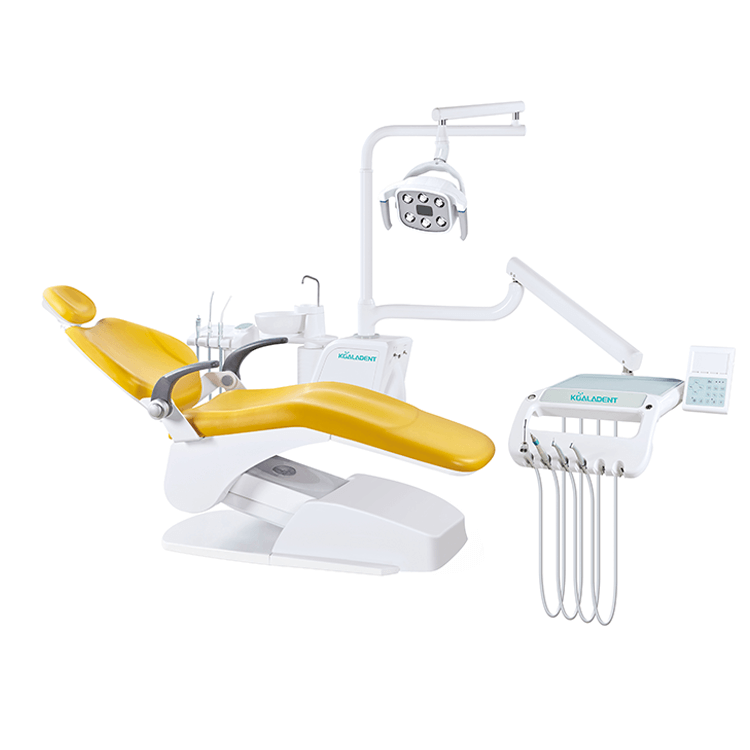When it comes to dental equipment, a reliable air compressor is essential. A dental air compressor provides the power needed to run dental handpieces, air syringes, and other dental tools. Choosing the right dental air compressor can be a daunting task, but here are some key factors to consider.
1. Airflow and Pressure
The first thing to consider when choosing a dental air compressor is the airflow and pressure it can provide. Dental handpieces require a certain amount of air pressure to operate effectively, so it’s important to choose a compressor that can provide the necessary pressure. Additionally, the compressor should provide a consistent airflow rate to prevent interruptions during treatment.
For one dental chair usage, the Air container volume at least 30L.

2. Noise Level
Dental offices can be noisy places, but excessive noise can be distracting and uncomfortable for both patients and staff. When choosing a dental air compressor, consider the noise level it produces. Look for compressors that are designed to operate quietly, or that have sound-dampening features.
Noise level in 56-65 d8 is acceptable. If you want to be more silent, you can add one silent box for air compressor.

3. Size and Capacity
Dental air compressors come in a variety of sizes and capacities, so it’s important to choose one that fits your office’s needs. Consider the size of your practice and the number of dental chairs you have. A smaller practice with only one or two chairs may only need a small compressor, while a larger practice with multiple chairs may require a larger compressor with a higher capacity.
4. Maintenance Requirements
Like any piece of equipment, dental air compressors require regular maintenance to keep them running smoothly. When choosing a compressor, consider the maintenance requirements and whether they are feasible for your office. Look for compressors that are easy to maintain and that have a good track record of reliability.
5. Cost
Finally, consider the cost of the dental air compressor. While it may be tempting to choose the cheapest option, it’s important to invest in a high-quality compressor that will last for years to come. Consider the long-term costs of maintenance and repairs, as well as the initial cost of the compressor.
In conclusion, choosing a dental air compressor requires careful consideration of several factors. By taking the time to evaluate your office’s needs and researching different options, you can select a compressor that will provide reliable performance for years to come.

